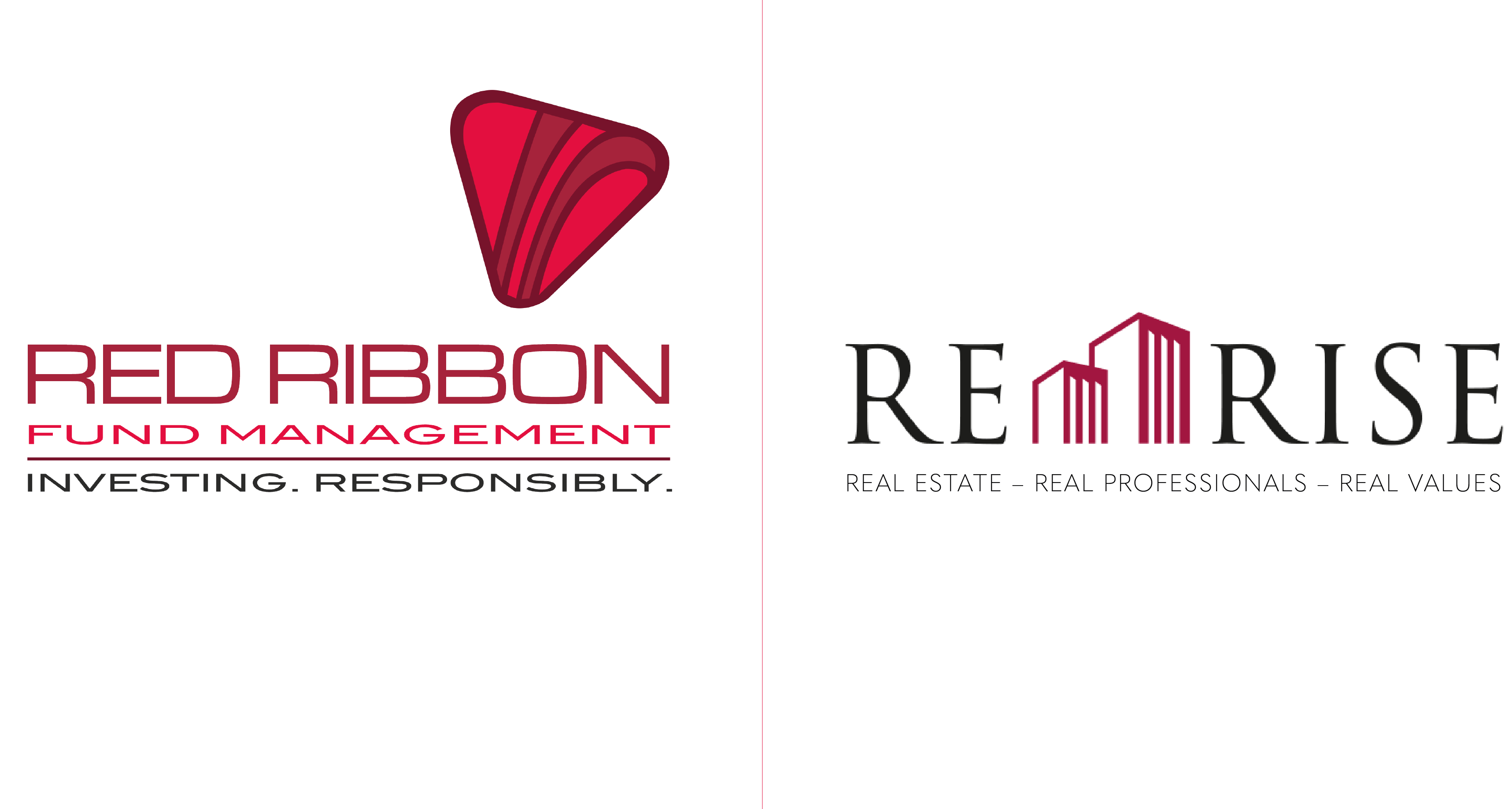Red Ribbon Asset Management is making its name at the cutting edge of “Mainstream Impact Investment”, which is a strategy aimed at generating competitive rates of return from businesses with strong growth potential, that not only create value for society, but also strive to reduce the environmental impact of doing so. Recent events have shown that Red Ribbon is certainly not alone in its commitment to combine asset growth with positive social and environmental impacts.
Sir Ronald Cohen, Chairman of the G8 Impact Investing Committee, announced in Mumbai last month that “Impact Investments” in India, which are primarily focused on social interventions, have exceeded $500 Million in 2015 and were expected to rise to $1 Billion by 2020: “Impact Investing is disrupting traditional philanthropy and has a revolutionary promise of becoming a $5 trillion global market, of which $1 trillion will be in India by 2050. With recognition and support from the Indian Government, India can be a world leader in this sector”.
The statistics certainly bear out Sir Ronald’s optimism: impact investments have been growing at a rate of 24% in India year on year since 2007 (socialimpactinvestment.org/). Furthermore, Impact Investment Funds in Emerging and Growth Markets have also returned 9.1% to investors (as against 4.8% for Developed Markets) according to the Impact Investment Council of India (IIC: iiic.in/impact-investors/).
So exactly how is global business responding to this changing Paradigm?
Some of the answers are to be found in the recent Ernst & Young (EY) Environmental and Social Governance (“ESG”) report, which concluded that there is a strong (and strengthening) connection between non-financial performance data and investor decision-making. Much of the impetus for more effective and better ESG reporting appears to be coming from the “collective voice of the investor community”, which continues to be the “strongest advocate” for change in favour of impact investment strategies. In particular, the use of clear and transparent ESG measures is enabling investors to focus on the long-term, the underlying value of the business rather than on short-term gains (ey-nonfinancial-performance-may-influence-investors.pdf).
The EY report is just one of many, that see a direct correlation between ESG performance and the financial performance of companies in the equities markets. A report released recently by Barclays (“Sustainable investing and bond returns”), which was the first of its Impact Series, also drew a similar conclusion for Securities on the Bond markets. In essence what all these reports allude to is the correlation between financial and non-financial factors in businesses with underlying strategies for managing ESG factors.
The conclusions reached in the EY report and others, resonate closely with Red Ribbon’s portfolio management strategies, a central component of which involves assessing the extent to which a business is able to reflect (dispassionately and objectively) on the impacts of its commercial operations by engaging with its internal and external stakeholders.
A business will ultimately be stronger in the long-term if it conforms to a collaborative model of transparent engagement with its stakeholders. It is not just a matter of regulatory compliance, it is a sound basis for solid and sustainable growth, which is why “Mainstream Impact Investment” is a key component of Red Ribbon Asset Management’s success in securing strong returns for its investors with sustainable and measurable impacts on the community and on the environment.




